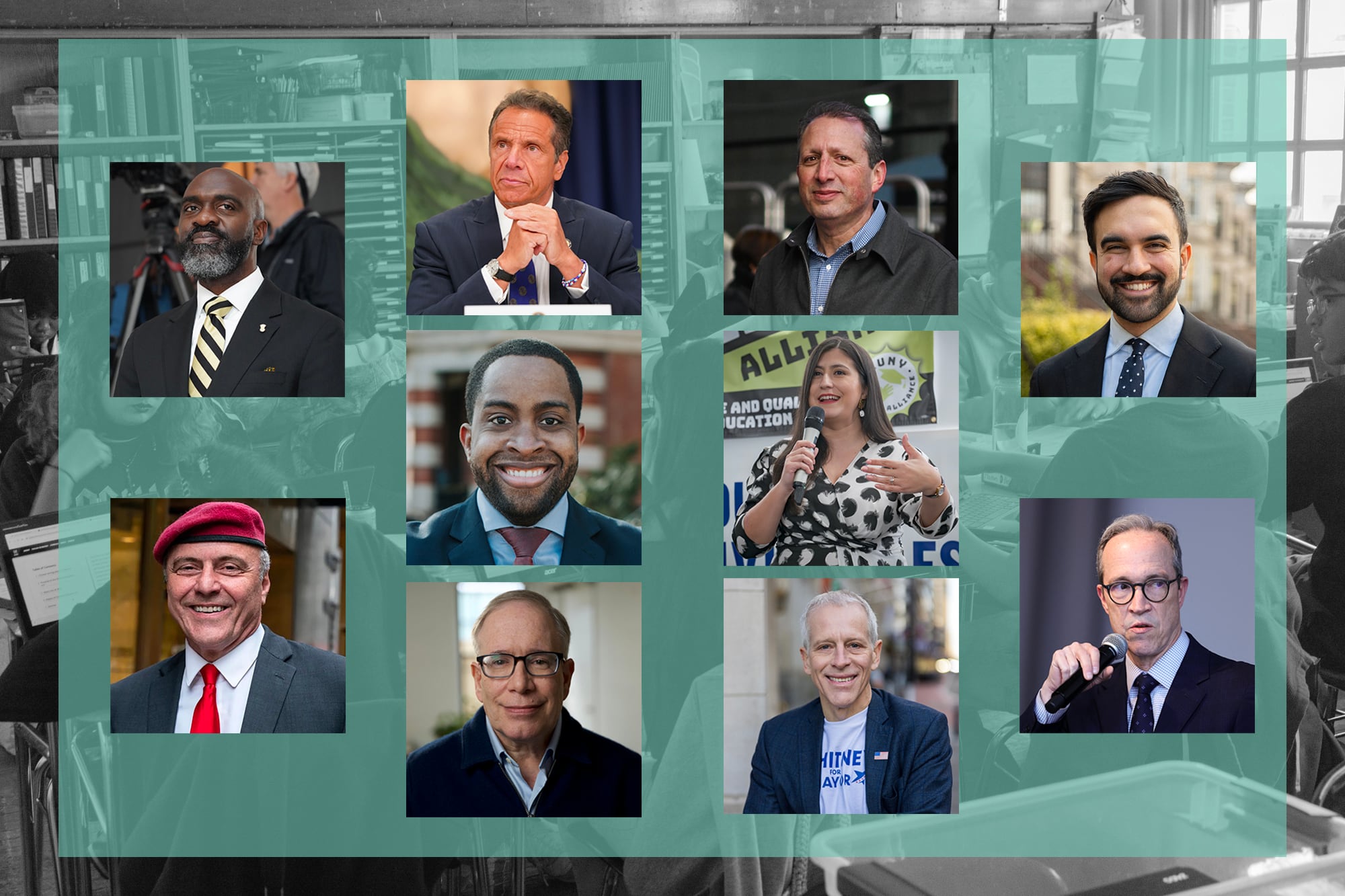This is part of a series in which Chalkbeat asked the mayoral candidates questions about important education issues that will likely define the next four years. The primary is June 24, with early voting from June 14-22.
The candidates vying to unseat Mayor Eric Adams have largely attacked the incumbent’s record. But there’s at least one policy many of them want to keep: a dramatic overhaul of the city’s reading curriculum.
Adams’ most significant education initiative, known as NYC Reads, requires all elementary schools to adopt a city-approved literacy program. It’s been a major change for a school system that has long empowered principals to make their own curriculum choices.
Despite some concerns about implementation and whether teachers are receiving adequate training, the candidates generally plan to continue the program if elected. Multiple candidates said schools with a track record of success should get more leeway.
The city’s math curriculum mandate, called NYC Solves, is another story. Candidates were more wary of Adams’ push to standardize high school Algebra 1 coursework, echoing concerns among some teachers. (Both the reading and math curriculum mandates are expanding to middle schools as well.)
Chalkbeat sent a questionnaire to the leading candidates on March 25 to find out their views on seven pressing issues, including the city’s major curriculum overhaul and its significant implications for teaching and learning.
A spokesperson for the mayor said he declined to participate since he isn’t in the primary. We updated the story with a response from City Council Speaker Adrienne Adams, which was provided after publication.
Here’s what the candidates told us about how they would approach reading and math instruction.
Responses may have been edited for formatting or trimmed for length, but otherwise each candidate’s answers are as submitted, including hyperlinks.







